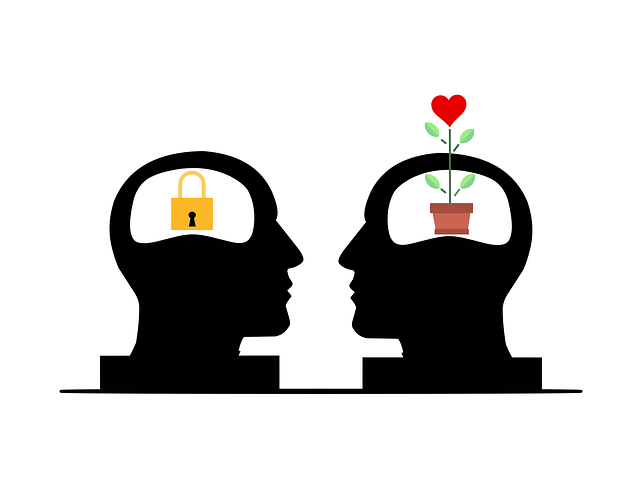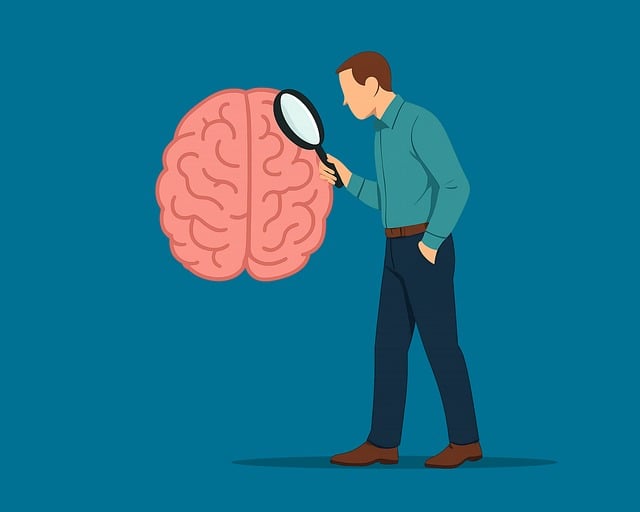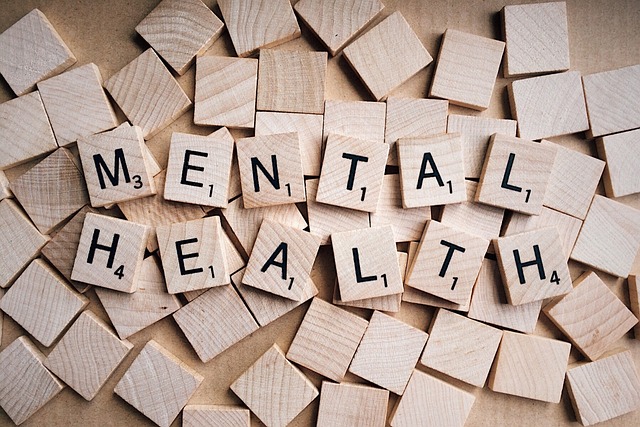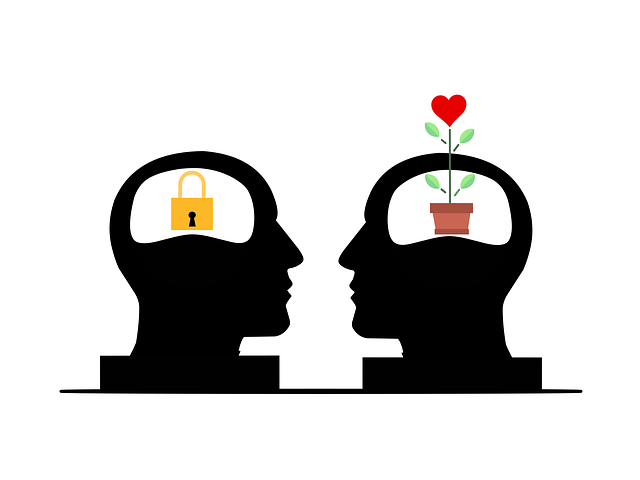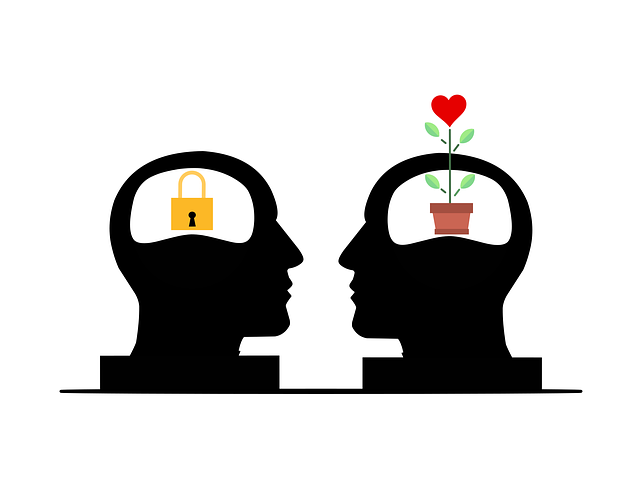Denver Self-Esteem Therapy (DSET) emphasizes emotion regulation as a vital tool for navigating life's challenges and maintaining mental well-being. Through specialized guidance, individuals learn to recognize, understand, and manage their emotions effectively, preventing burnout and depression. Core techniques include mindfulness practices like breath work and progressive muscle relaxation, creative outlets like journaling or art therapy, and cognitive-behavioral strategies to challenge negative thought patterns. Integrating DSET into education enhances emotional well-being, equips students with resilience, and improves emotion regulation skills for daily and crisis situations.
Emotion regulation techniques are essential tools for navigating life’s challenges. This article delves into the profound benefits of mastering these skills, offering a roadmap to enhanced mental well-being. We explore effective self-soothing strategies, providing practical insights for individuals seeking emotional balance. Furthermore, we highlight Denver Self-Esteem Therapy as an innovative approach, integrating it into emotion regulation teachings to foster resilience and self-worth.
- Understanding Emotion Regulation and Its Benefits
- Techniques for Teaching Effective Self-Soothing Skills
- Integrating Denver Self-Esteem Therapy into the Process
Understanding Emotion Regulation and Its Benefits

Emotion regulation is a vital skill that enables individuals to navigate life’s challenges and maintain mental well-being. It involves recognizing, understanding, and managing one’s emotions effectively, ensuring they serve as useful guides rather than overwhelming forces. By learning to regulate emotions, individuals can enhance their overall quality of life and foster positive relationships. This process empowers folks to respond to stressful situations with clarity and resilience, thereby reducing the risk of burnout prevention and even depression prevention.
In today’s fast-paced world, where crises can arise unexpectedly, having effective emotion regulation techniques is invaluable. Denver Self-Esteem Therapy offers valuable resources for individuals seeking to master this skill. Through specialized guidance, one learns to intercept emotional triggers, redirect negative thoughts, and adopt healthier coping strategies. This not only enhances crisis intervention capabilities but also allows individuals to cultivate a deeper sense of self-awareness and control over their lives.
Techniques for Teaching Effective Self-Soothing Skills

Teaching effective self-soothing skills is a crucial aspect of emotion regulation techniques, especially in Denver Self-Esteem Therapy. One of the most popular and impactful methods involves mindfulness practices. Encourage individuals to focus on their breath, engaging their senses through activities like deep breathing exercises or progressive muscle relaxation. This helps ground them in the present moment, reducing anxiety and promoting calmness.
Incorporating coping skills development through creative outlets such as journaling, art therapy, or even music can also be beneficial. These activities provide an outlet for expression and help individuals process their emotions in a healthy way. Regular practice of these techniques not only enhances mental wellness but also contributes to the production of a compelling Mental Wellness Podcast Series, offering valuable insights into effective emotion regulation strategies.
Integrating Denver Self-Esteem Therapy into the Process

Integrating Denver Self-Esteem Therapy (DSET) into emotion regulation techniques teaching offers a powerful approach to enhancing students’ emotional well-being and coping skills. DSET, grounded in cognitive-behavioral principles, focuses on building self-esteem through challenging negative thought patterns and behaviors. This therapeutic method aligns seamlessly with the core objectives of teaching emotion regulation, as it empowers individuals to develop a positive sense of self, which is foundational for effective emotion management.
By incorporating DSET into the curriculum, mental health professionals can equip students with valuable tools derived from Mind Over Matter principles. These principles encourage individuals to reframe negative experiences and cultivate resilience, thereby fostering better emotional regulation in both ordinary and crisis situations. Crisis intervention guidance and risk management planning become more effective when these techniques are integrated, as they enable educators to address mental health challenges proactively and provide tailored support for students’ emotional needs.
Emotion regulation techniques, such as those taught through Denver Self-Esteem Therapy, offer a powerful toolkit for individuals to navigate and manage their emotional well-being. By understanding the benefits of effective self-soothing skills, educators can empower students to foster resilience and enhance their overall mental health. Integrating these evidence-based practices into educational settings paves the way for a more balanced and emotionally intelligent society.

